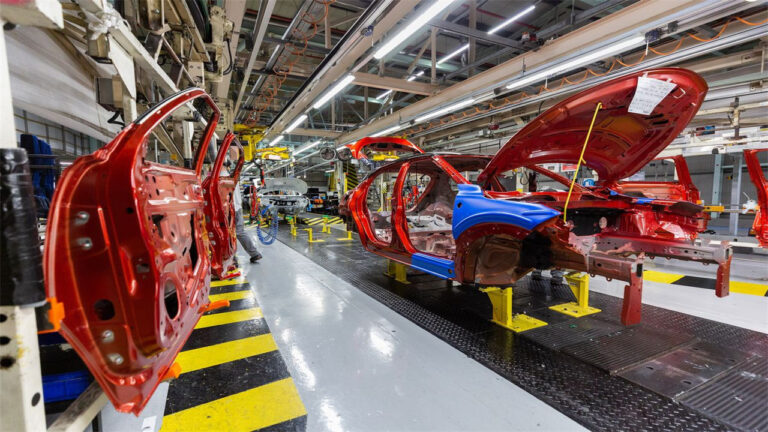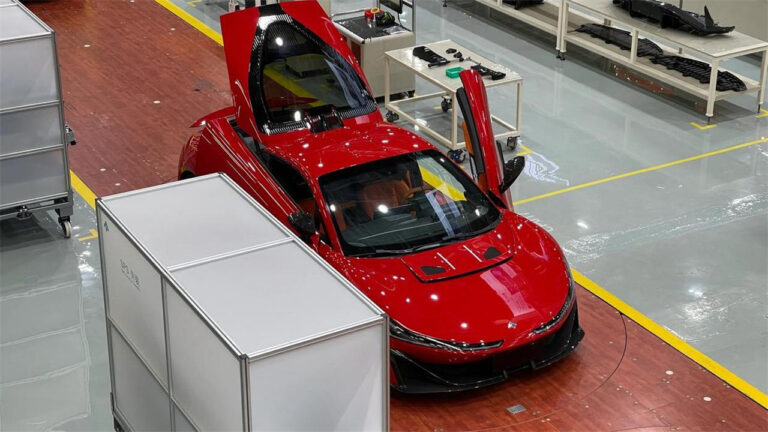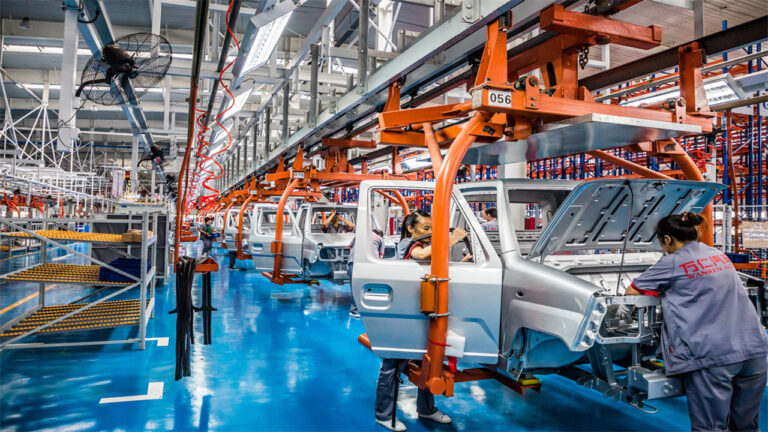Sedan Production Line: Impact of the level of automation on the cost of car manufacturers
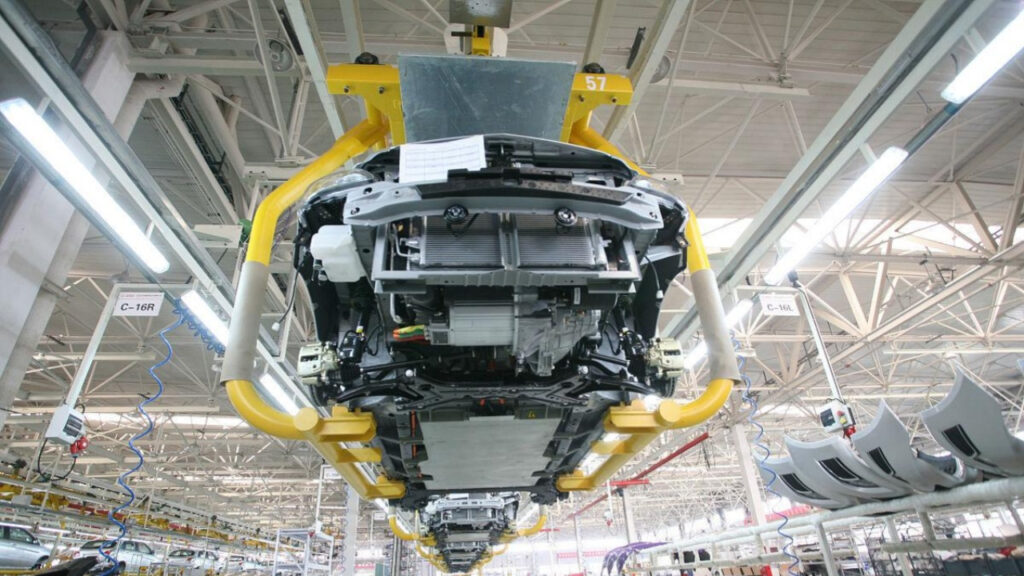
The impact of the level of automation on the cost of car manufacturers is multifaceted, mainly reflected in the following aspects:
- Reduction in labor costs: Automated production lines can reduce the demand for human resources, thereby reducing labor costs. Robots and automated equipment do not require rest or salaries and can operate continuously around the clock, reducing errors and quality issues that may arise from manual operations, further lowering the waste of raw materials and subsequent maintenance costs.
- Improvement in production efficiency: The operating speed of automated production lines far exceeds manual operations, enabling high-speed, continuous, and precise production processes. This increases production capacity and output, thereby reducing the manufacturing cost of products.
- Enhancement of product quality: Automated production lines can achieve precise control and monitoring, significantly improving product quality. Robots and automated equipment ensure consistency and accuracy in every production环节, reducing the impact of human factors on product quality.
- Reduction in environmental impact: Automated technology can optimize energy use and reduce carbon emissions through real-time monitoring and data analysis, achieving a lower environmental impact in the production process.
- Supply chain optimization: The application of automated technology enables car manufacturers to achieve greater transparency and traceability. Through digital and automated supply chain management systems, companies can track the source and use of raw materials in real-time, ensuring efficient use of resources.
- Promotion of innovation: The continuous development of automated technology also promotes innovation in the automotive industry. Companies can respond more quickly to market demands and launch new products that meet sustainable development goals through automated technology.
- Adaptation to policies and regulations: The application of automated technology enables companies to better adapt to policy requirements, meet regulatory standards by improving production efficiency and reducing environmental impact, and avoid potential legal risks.
- Long-term return on investment: Although the initial investment in automated technology may be high, the return on investment (ROI) is usually reflected within a few years due to cost savings, efficiency improvements, and quality enhancements.
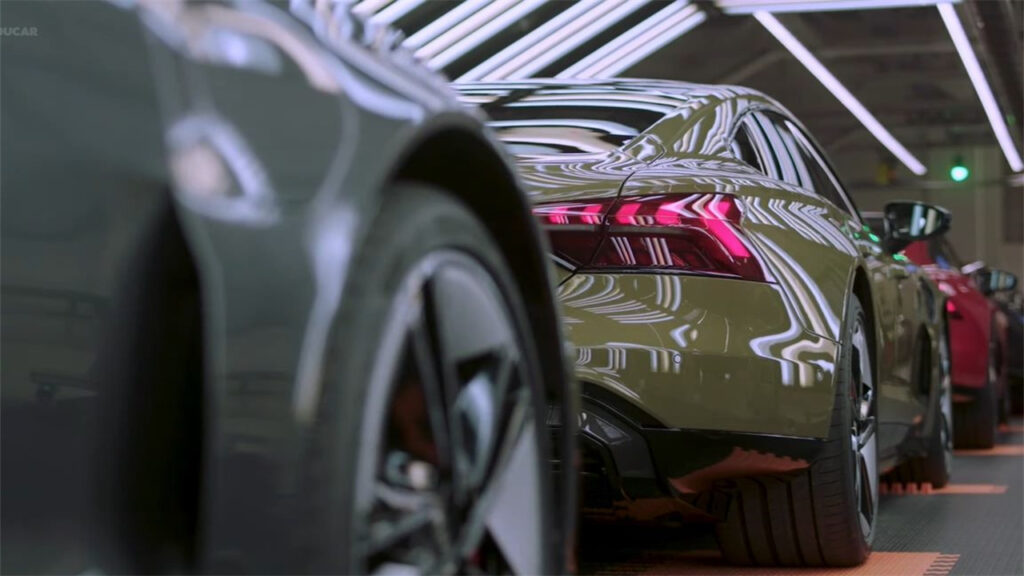
In summary, increasing the level of automation can significantly reduce the costs for car manufacturers, improve production efficiency and product quality, thereby enhancing the competitiveness and market position of the enterprise.
